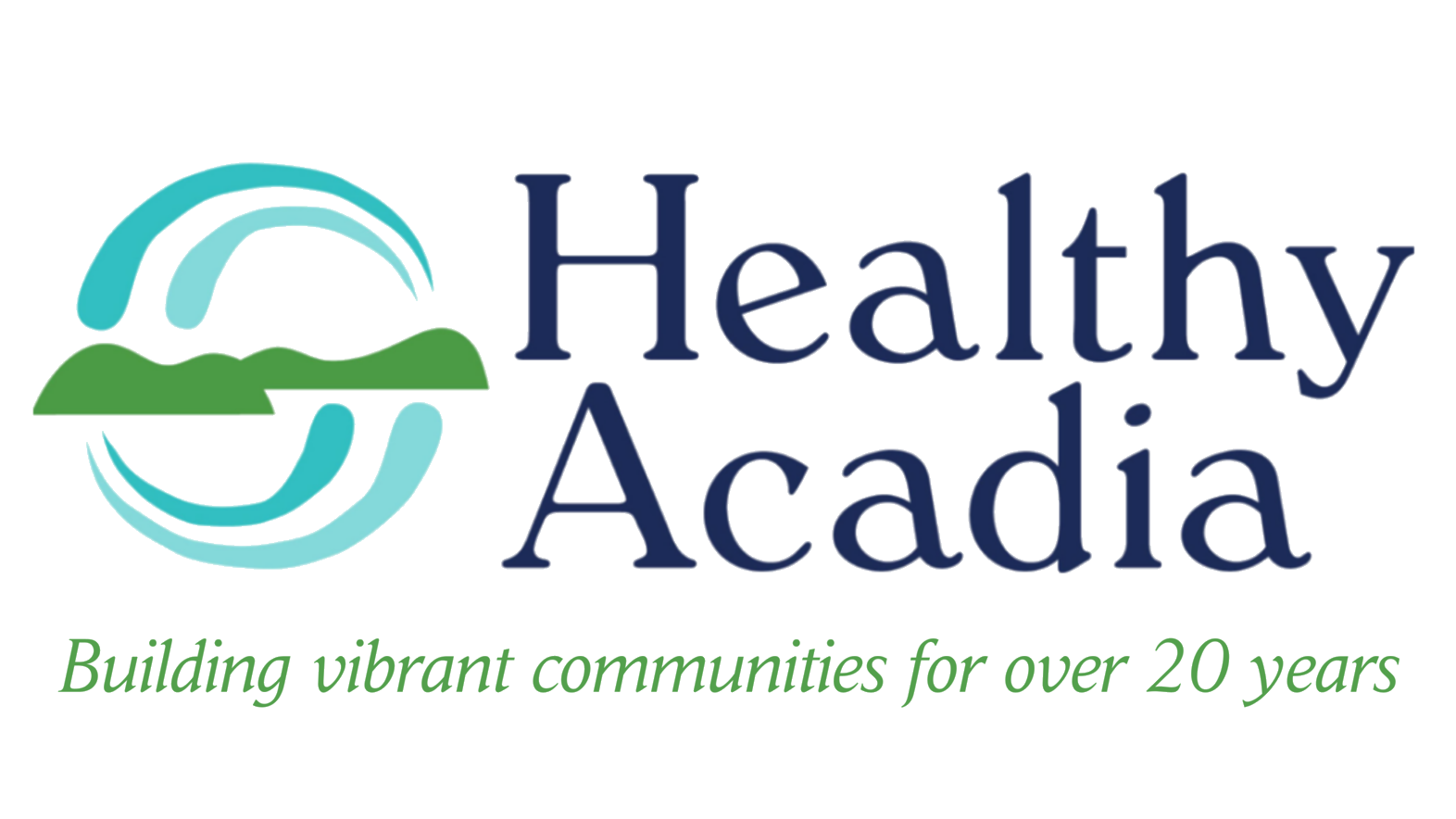Eastern AHEC Rural Health Immersion - Student Reflections: Sophia LaFrance
Healthy Acadia has served as Maine’s Eastern Area Health Education Center (AHEC) since 2023. Our service area includes Washington, Hancock, Waldo, and Knox counties.
Maine AHECs provide community-based clinical training experiences to health professions students; encourage Maine youth to pursue careers in the health professions; offer training and continuing education programs to practicing health professionals; and develop public health approaches to address current and emerging community needs.
As part of this program, Healthy Acadia and community partners work together to create rural health immersion opportunities for health professions students to learn more about rural and underserved communities, including Rural Health Immersions (RHI) for Care for the Underserved Pathways (CUP) AHEC Scholars. and community-based experiential learning opportunities for non-CUP scholars.
We will periodically publish guest blog posts from AHEC Scholars who chose to share their experience with the program.
Guest post contributed by Sophia LaFrance, UNE COM Student. Sophia participated in our October 2023 RHI and reflects on the experience.
On the last morning of our experience, we visited the Bar Harbor Farmers Market at the YMCA. We were able to look around at the vendors selling fruits, vegetables, flowers, meats, and breads. We got to speak to a representative and volunteer to learn about SNAP benefits and Senior Farm Share benefits. As we were walking around, we noticed many vendors that accepted SNAP benefits for their products.
We discovered that not only are there markets that accept SNAP, but there is a program that drives food directly to people’s houses around the island. This is helpful for people who don’t have cars or access to town. We were able to talk with a student at College of the Atlantic who was volunteering at the farmers’ market to assist people with SNAP benefits. She discussed with us the importance of these benefits for community members who struggle with food insecurity, and also told us about other programs in the area, like the Gleaned Food Van that delivers groceries and fresh vegetables from local farms all around the island.
These programs were a really positive thing for the individuals living in Bar Harbor and Southwest Harbor because they allow for a lot more people to stay healthy and fed when they otherwise wouldn’t have access to. It also was very heartwarming to truly feel the sense of community and ‘neighbor helping neighbor’ aspect that a rural community brings.
We also met with two women who work with the Southwest Harbor Common Good Soup Kitchen. We packed boxes of gleaned food from Hannaford in Bar Harbor into her car and brought it to the soup kitchen. We unloaded the boxes and set it up for community members to come and take whatever they needed. We spoke with volunteers of the Soup kitchen who told us that not only do they set food out on tables for people to choose, but they also take ingredients into the soup kitchen to make meals for community members to come and enjoy. I thought this was great because not only are people able to eat a home-cooked meal with this program, but they are also able to gather together to connect with others who live around them.
Socialization is very important for humans to feel included and safe, and this soup kitchen allows for that. There are many people who live around the island that do not have transportation or access to town in order to get basic needs. They wouldn’t be able to get to the soup kitchen in order to take the groceries that they need. From the volunteers, we learned about another program that serves as an ‘Instacart’ of sorts, and delivers bags of groceries to people’s homes. While we were there, we assisted with packing some of those bags, and made sure to put in lunch meats, cheeses, crackers, nuts, breads, and baked goods into each bag.
Overall, I couldn’t help but feel a strong sense of generosity and support in my time on this Eastern RHI. Every person we spoke to was willing to go above and beyond to help out their neighbor, doctors made house calls, and EMS/PD were known and respected around the town. It truly was a great experience and I’m very glad that I was able to be a part of it.



